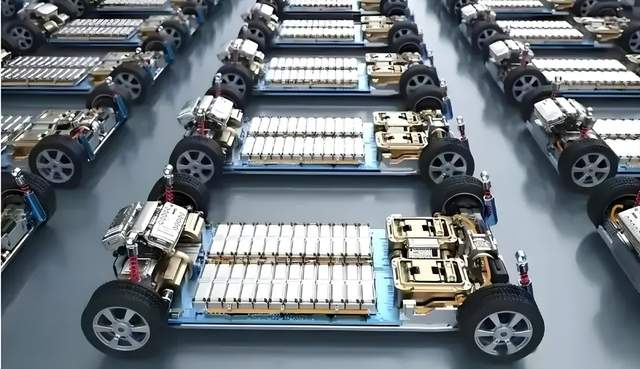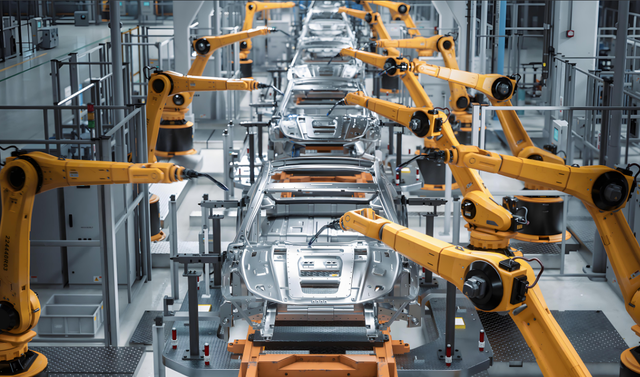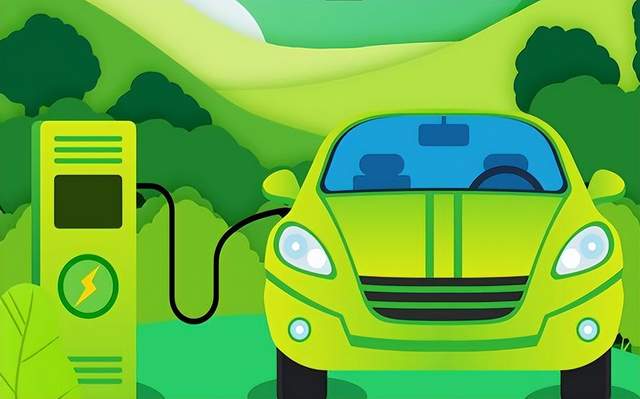Battery Shortage Set to Speed Up Auto Company Shakeout: Industrial Chain Dynamics Dictate Survival as Electric Vehicle Endgame Looms
![]() 11/24 2025
11/24 2025
![]() 592
592
In October, electric vehicle (EV) manufacturers posted positive sales growth figures. Yet, they've come to realize that their survival hinges not on price wars but rather on the industrial chain, given the current battery supply shortage. This scenario is especially detrimental to companies with low sales volumes and strained capital.

It's been reported that to secure battery supplies, some auto company leaders have taken to personally networking with battery company executives. Heads of purchasing departments from auto firms have even stationed themselves permanently in hotels near battery companies to ensure a steady supply. All these efforts underscore the sudden scarcity of battery resources.
The root cause of this situation lies in the impact of purchase taxes and subsidies, which have unexpectedly ignited consumer enthusiasm for EV purchases. At the end of September, a buying spree ensued due to the suspension of old vehicle trade-in subsidies. The full exemption of purchase taxes is set to expire by the end of this year, with a halving of taxes starting next year. Consequently, EV prices are likely to see a significant hike next year.
Auto companies have noted that their production capacities are already stretched thin. However, to safeguard consumer interests, they will cover the purchase taxes for consumers, albeit with order placement deadlines. Some auto firms have stated that consumers who lock in orders before the end of this month can enjoy the company covering the purchase taxes. In essence, for consumers who place orders before November 30th, if the auto company fails to deliver the vehicle with purchase tax exemption by December 31st, the increased taxes will be borne by the auto company. This has further fueled EV sales this month.

However, heightened consumer demand doesn't equate to an immediate capacity boost for auto companies and the industrial chain. On one hand, a company's production capacity is finite, and significant capacity increases in a short span are unfeasible. Without adding production lines, the maximum that can be achieved is a 24-hour production mode where human labor takes breaks, but machines keep running.
After all, for auto companies and the industrial chain, they recognize that the current surge in demand is only temporary. The halving of purchase taxes next year will inevitably cast a shadow over the entire industry. At this juncture, investing heavily in capacity expansion is certainly not viable.
Faced with escalating demand for automotive components like batteries, some companies have proposed price hikes. The upstream raw material, lithium carbonate, has already witnessed a price increase of around 20%, which will ripple throughout the EV industry. This situation is particularly dire for smaller EV companies.

The EV industry has been evolving for a decade, and by 2024, some new auto companies have already encountered difficulties. This has prompted consumers to start shying away from smaller auto firms. After all, consumers who purchased vehicles from troubled companies have faced severe vehicle depreciation, had to seek third-party providers for after-sales services, leading to skyrocketing maintenance costs, and even struggled to find spare parts. This has made many consumers realize the significance of automotive after-sales services.
Now, with automotive component supplies tightening, additional pressure is mounting on these smaller companies. Price hikes in the industrial chain have led to soaring costs, yet raising vehicle prices remains challenging. The increased costs can only be absorbed by the auto companies themselves, and smaller firms naturally find it arduous to bear. Data from 2024 indicates that only a fraction of EV companies have achieved profitability. Cost increases will further strain the capital chains of these small-scale auto companies.

This could even become the new normal. The industrial chain can offer more flexible payment terms to larger auto companies, while smaller firms are required to pay cash on delivery, thus hastening their demise. When EV sales surge, these companies may be the most vulnerable and might not even survive. At this juncture, these companies probably already sense the looming crisis, don't they?








